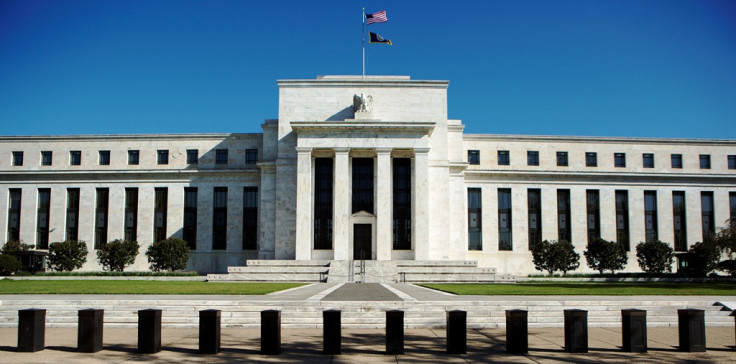US Federal Reserve president John Williams sees rate increase in 2015

John Williams, the Federal Reserve Bank of San Francisco president, has said the US will probably raise interest rates later in 2015, as the world's leading economy recovers from a weak first-quarter.
Speaking at a regulatory symposium in Singapore on 28 May, he said the US central bank will likely raise rates gradually and move them to normal levels over the next few years.
Williams said a rate increase is on the table at every meeting, including the next one, Bloomberg reported. The Federal Open Market Committee will meet on 16-17 June.
The president said: "I expect they will be raising rates later this year. The US economy's doing well, we're moving back towards our goals.
"The rest of the year is probably going to be better than Q1 and there'll be a bounce back. I see above-trend growth for the rest of the year and therefore continued improvement in the labour market. The GDP growth for the whole year is probably going to be around 2%."
Williams sees interest rates "moving up in 2015, 2016 and 2017 and coming close to long-run estimates, which are between 3.5% and 4%".
He told reporters: "If you look at those forecasts back from March, you'll see an adjustment over time from where we are now, gradually towards this 3.5% to 4% and normal level of Federal funds rate."
Bernanke's take on the US economy
Meanwhile, former Federal Reserve boss Ben Bernanke, speaking at an event in Sydney on 28 May, too said the American economy was recovering.
He said American households were "really in pretty good shape" and consumers were "much more optimistic than they've been for some time". Bernanke added there was "plenty of scope for the economy to keep growing".
The Fed should put more weight on the CPI, which suggests the need for an earlier interest rate hike
Capital Economics said in a note to clients: "The Fed's preferred PCE measure of core inflation is being depressed by declines in the administered prices set by Congress for Medicare and Medicaid. In contrast, the CPI measure, which covers only households' out-of-pocket health spending, is rebounding.
"Under the circumstances, the Fed should put more weight on the CPI, which suggests the need for an earlier interest rate hike."
Earlier in May, Fed chair Janet Yellen said she still expects to raise borrowing costs in 2015 if the economy meets her forecasts, with a gradual pace of tightening to follow.
© Copyright IBTimes 2025. All rights reserved.






















